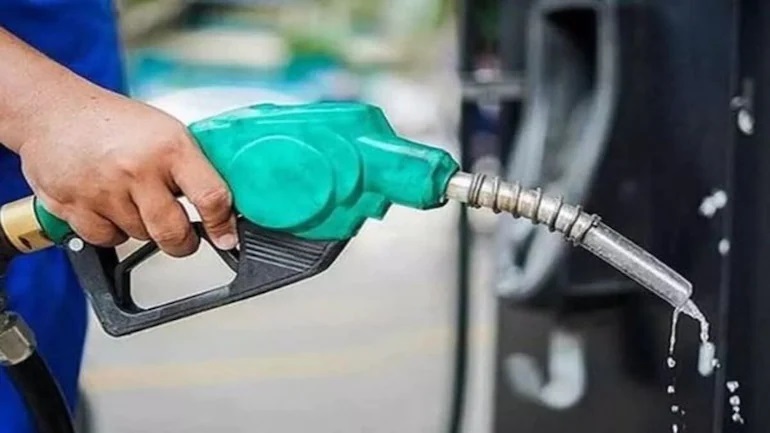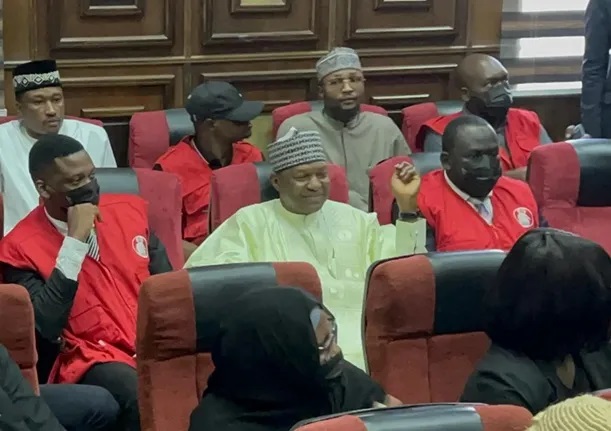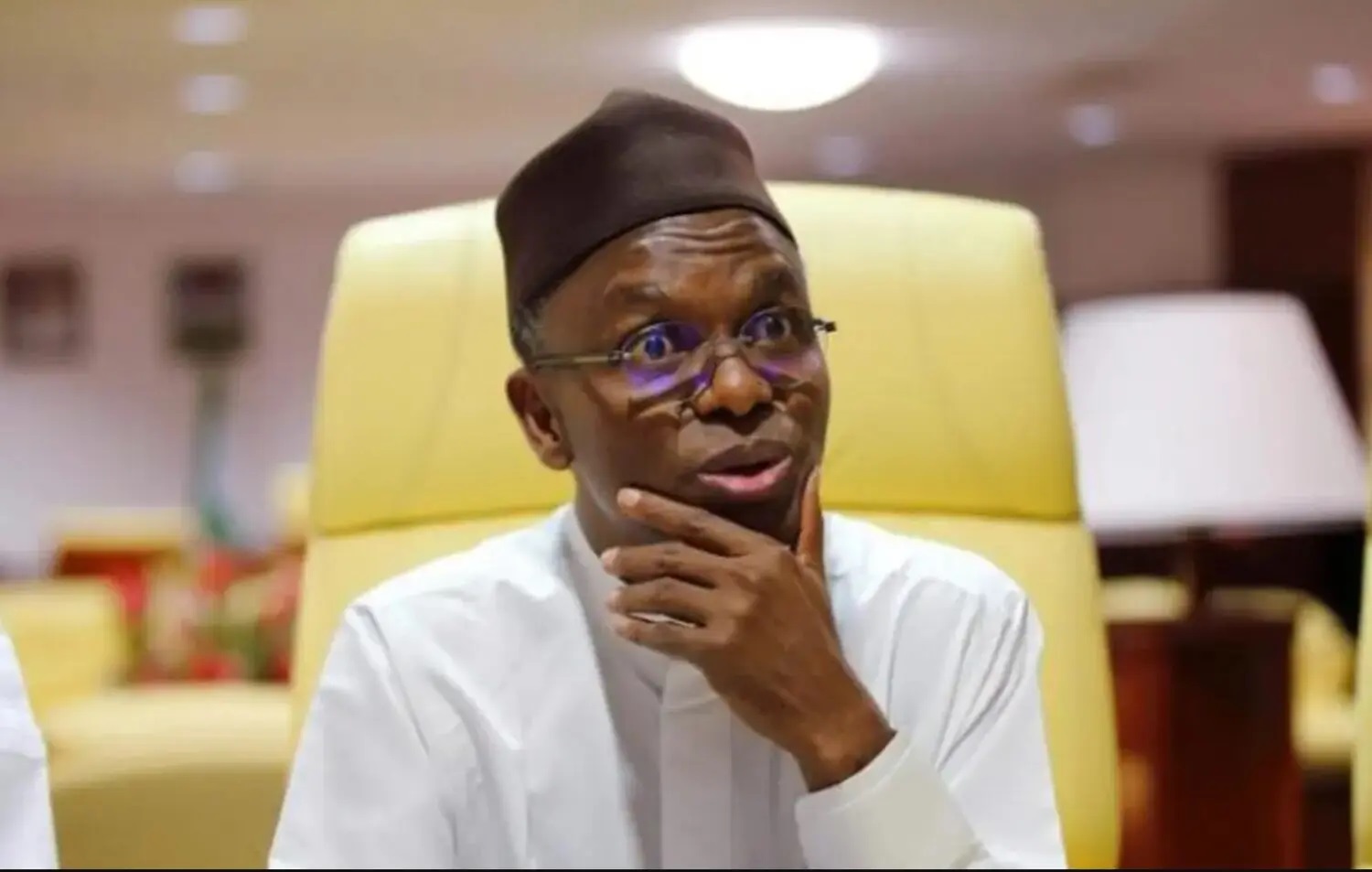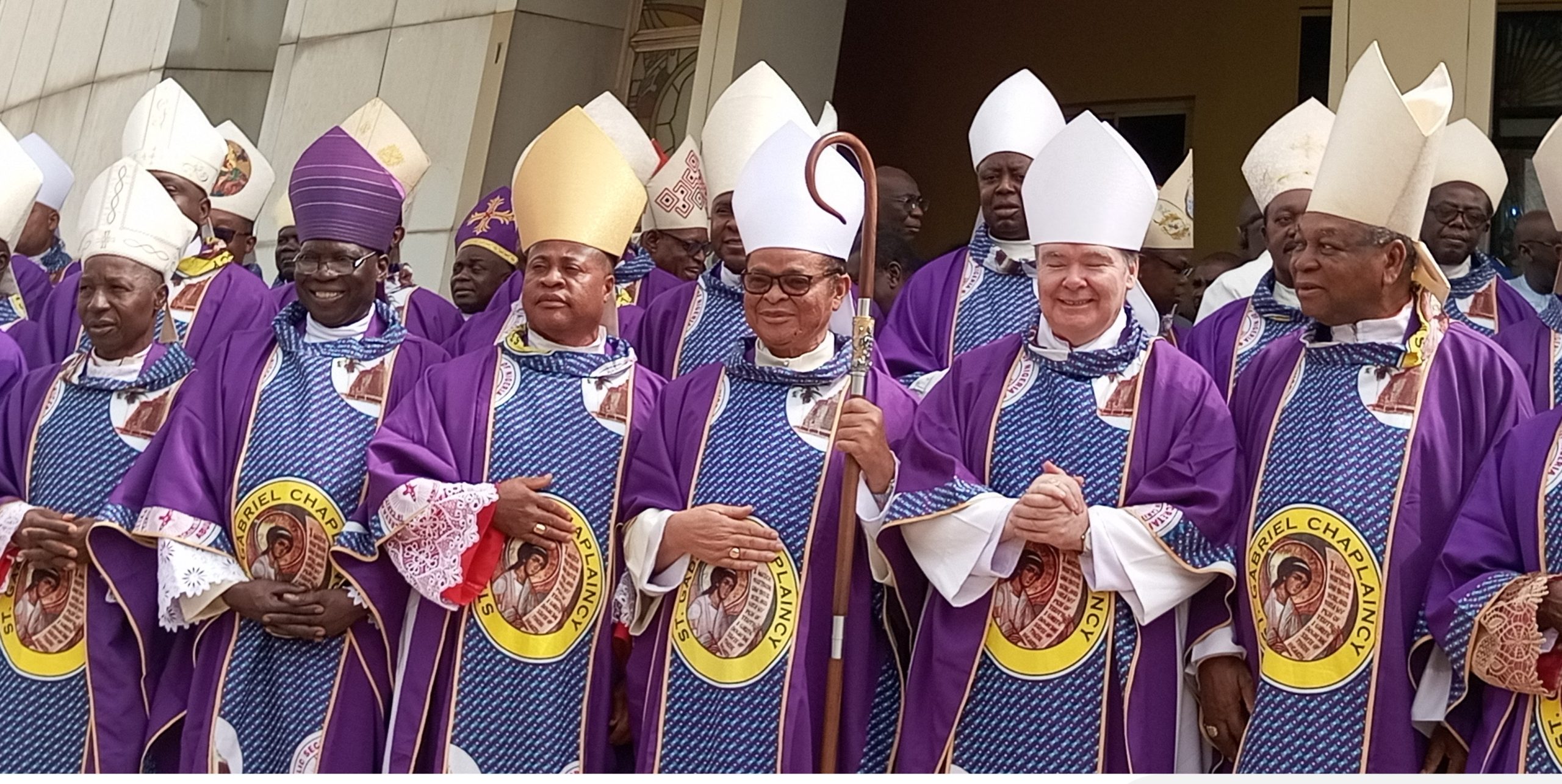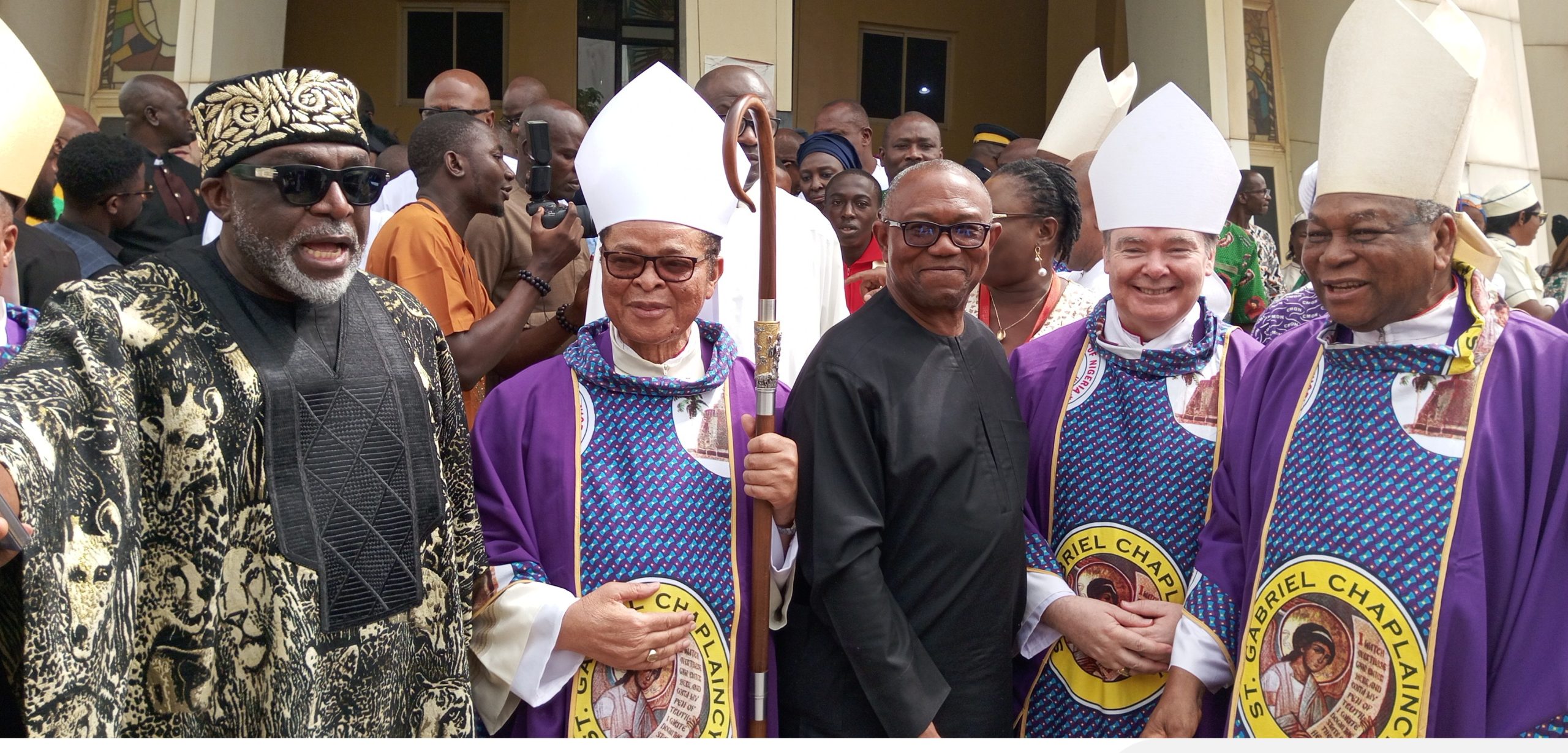Nigerians are facing mounting frustration over soaring petrol prices, with officials citing market deregulation as the driving factor behind the latest hikes.
Chinedu Ukadike, spokesperson for the Independent Petroleum Marketers Association of Nigeria (IPMAN), said in a statement on Tuesday that the current price surge reflects global oil trends and the operational realities of a deregulated petroleum market.
“In a deregulated environment, prices fluctuate depending on global oil benchmarks, foreign exchange rates, and logistical costs,” Ukadike told the News Agency of Nigeria. “This is no longer a centrally controlled price system.”
The Nigerian National Petroleum Company (NNPC) Limited and independent marketers increased pump prices on Monday, pushing fuel costs in Abuja from ₦895 to ₦945 per litre. Independent stations, including A.Y.M. Shafa, NIPCO, and AA Rano, pegged their prices at ₦955 per litre, depending on the location.
The price hikes come as international crude oil prices trend upward, amplifying pressure on fuel imports and the naira exchange rate.
The public response has been swift and critical. Adana Chris, a trader, voiced her frustration: “They keep raising prices with no regard for the public. Food prices go up each time, but our earnings don’t.”
Taxi drivers, small business owners, and wage earners say they are particularly affected. “I can’t make ends meet anymore,” said Aminu Ibrahim, a cab driver in Abuja. “After buying fuel, there’s almost nothing left for my family. We need the president to act now.”
Since the removal of fuel subsidies in mid-2023, Nigeria has witnessed several price spikes, often linked to currency instability and rising import costs. Citizens and analysts alike are calling on the government to cushion the effects of deregulation through targeted relief and infrastructure investment.

